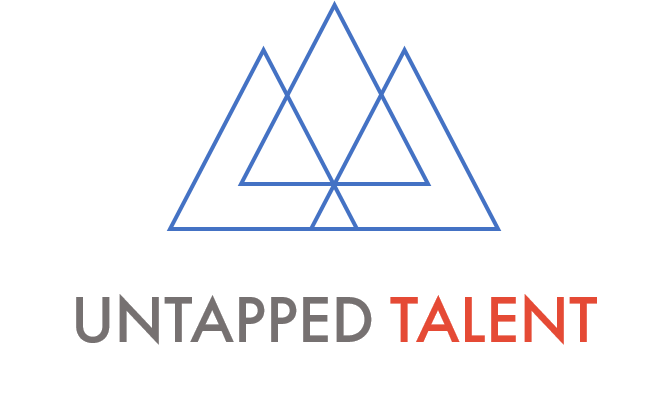Does coaching start at the right place?
This fancy image is of the structure of Cortisol, stress hormone and all-round bad boy. It acts like battery acid on the brain if left unchecked for long periods, but for most of us we are blissfully unaware of how it can build up over time until we go bang. Remember that for 60% of victims the first sign of a heart problem is death.
So that's all very cheery then....
As the old joke goes, when asked for directions, the fellow retorts "well, I wouldn't have started from here"....I recently read a book by Dr Alan Watkins from Complete Coherence which referred elegantly to something I've been trying to encapsulate in my coaching for a while: that real people development is an inside-out process.
In other words, you have to start in the right place. Gestalt coaching seems to get this, albeit through the limited lens of psychology, but it is from the biological and neural sciences that we now appreciate the importance of recognising the interdependence of physical, emotional and cognitive systems. What this means is that before one can deal with the "rational" issues brought to coaching, one has to help individuals reset their physiology and establish a functional readiness for task - getting them to "show up" better, if you will. Only when there is coherence in these interdependent biological systems running brain, heart, gut, hormones and nervous systems can one enquire more deeply about basic emotional impulses.
Too long seen as peripheral in personal development, it is in fact this basic emotional system, produced by hormones and neurochemicals, which subconsciously drives our feelings (what we actually become aware of), and it is these which in turn drive our thinking and resultant behaviours. The science is clear - there is an undoubted and causal link between our physiology, how our bodies process stress and how we actually perform.
A coaching conversation that focuses on goal setting and reframing, with no real knowledge of how we create behaviour, will prove largely ineffective if we're not pulling the levers that drive the whole thing. Using biofeedback to figure out how someone is showing up and establishing triggers that knock their systems off course feels like a prerequisite for coaching programmes, whether the individual is noticing any feelings of stress and exhaustion or not.

